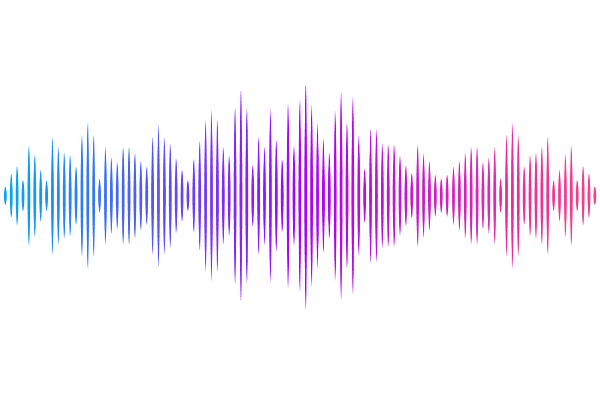Uptake of Prochlorococcus-derived metabolites by Alteromonas macleodii MIT1002 shows high levels of substrate specificity

Uptake of Prochlorococcus-derived metabolites by Alteromonas macleodii MIT1002 shows high levels of substrate specificity
Halloran, K. H.; Braakman, R.; Coe, A.; Swarr, G.; Kido Soule, M. C.; Chisholm, S. W.; Kujawinski, E. B.
AbstractSeawater contains an abundance of small biomolecules, or metabolites, that are highly labile components of dissolved organic matter (DOM). Marine microbes interact by exchanging metabolites, thus shaping marine microbial ecology, DOM composition, and global carbon cycling. To better constrain one set of microbe-metabolite interactions, we cultured the marine gammaproteobacterium Alteromonas macleodii MIT1002 on a range of compounds excreted by a sympatric cyanobacterium, Prochlorococcus. Alteromonas could assimilate the branched chain amino acids leucine, isoleucine, and valine, as well as 3-methyl-2-oxobutanoic acid (a branched chain ketoacid intermediate of valine metabolism), but not thymidine, kynurenine, 4-hydroxybenzoic acid, or the other branched chain ketoacids. The assimilation of branched chain amino acids indicates that Alteromonas can metabolically process each corresponding ketoacid, suggesting that transporter specificity underlies the observed substrate specificity for 3-methyl-2-oxobutanoic acid. These experiments show that even subtle changes in chemical structure can result in different microbial interactions and different fates for dissolved metabolites.